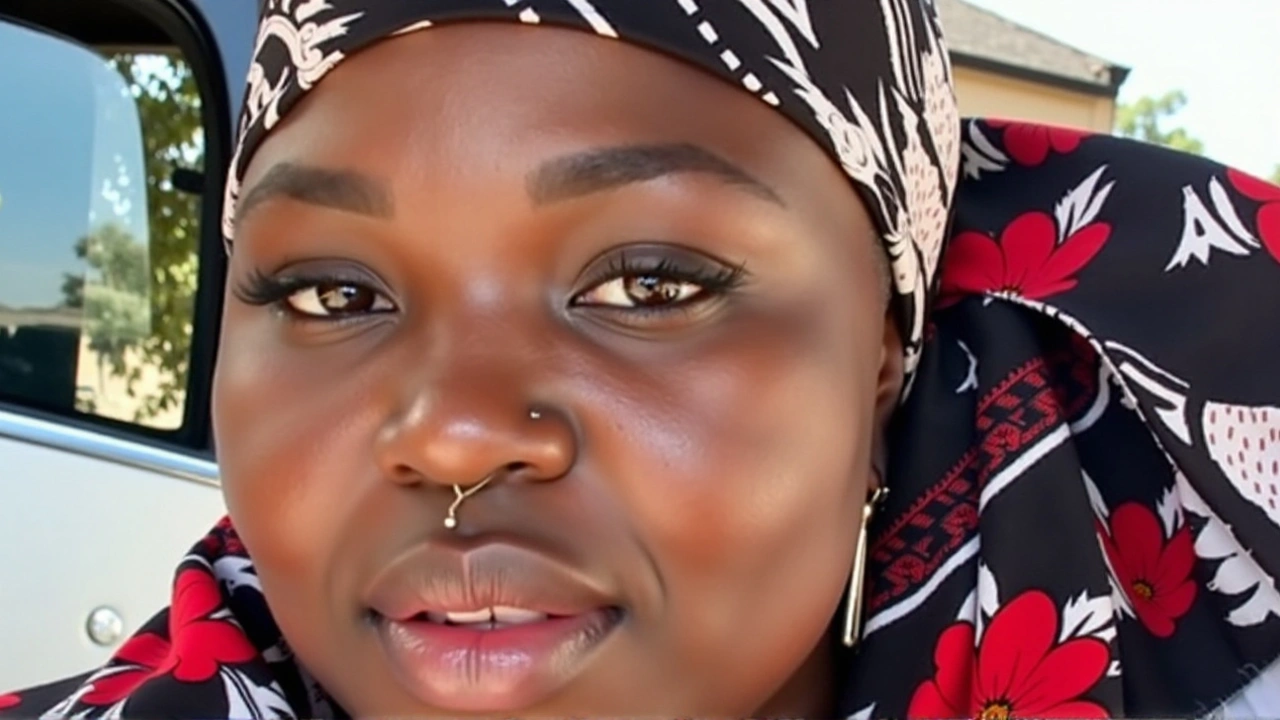Assault Charges: A Practical Guide
This short guide explains what assault charges mean, what to do if you are accused, and how victims should act. Read this for clear, practical steps and rights you should know.
What counts as assault
Varies by country, but generally it means intentionally or recklessly causing another person to fear harm or actually hurting them. Simple assault can be threats or minor contact. Aggravated assault involves serious injury, weapons, or attacks on protected people like police officers. Knowing local law terms matters, so check the statute in your country or region.
If you are accused
Stay calm. Do not argue with police or post on social media. You have the right to remain silent in many places, and you should ask for a lawyer immediately. Give basic ID details but avoid detailed explanations until your lawyer is present. If detained, note names, times, and any use of force.
If you are a victim, get to safety first. Report the incident to police, seek medical care, and keep records of injuries. Photos, messages, witnesses, and medical notes are strong evidence. You can ask for a protection order or other emergency help depending on local rules.
Cases move through investigation, charging, and possibly court. Police may release evidence to prosecutors, who decide to charge or drop the case. Bail or release conditions can apply. If charged, early plea talks sometimes cut penalties, but plea choices have long consequences. A lawyer helps assess options fast.
Collect and preserve any evidence. For suspects, keep alibis, receipts, and witness contacts. For victims, keep photos, medical reports, and any threatening messages. Don’t alter scenes unless safety demands it, and tell investigators what you remember, including dates and times.
Assault stories can attract heavy media attention. Avoid public comments that could harm your case, and ask your lawyer about statements. Journalists may request interviews, but you can refuse until counsel advises you. For victims, a public statement can help gather support, but think about safety and privacy first.
Find a lawyer who knows assault law in your area. Look for criminal defence experience or victim advocacy work, depending on your role in the case. Ask about fees, payment plans, and possible legal aid. Public defenders can help if you cannot afford private counsel, but discuss case details quickly so they can act.
Quick checklist: stop contact if needed, document injuries, save messages, call a lawyer, and tell someone you trust. If you're unsure where to go, local legal aid groups, police victim units, and NGOs can guide you. Keep records of every call, visit, and decision.
Remember, every country has its own rules. What looks like minor in one place may be serious elsewhere. Stay calm, act fast, and get legal help. Practical steps often protect you better than panic. If you want more local details, search trusted local news on Africa Daily Spectrum or contact a local legal clinic today. Stay informed, stay safe, and know your rights. Seek help early and immediately.
- January 20, 2025
- Comments 11
- News

